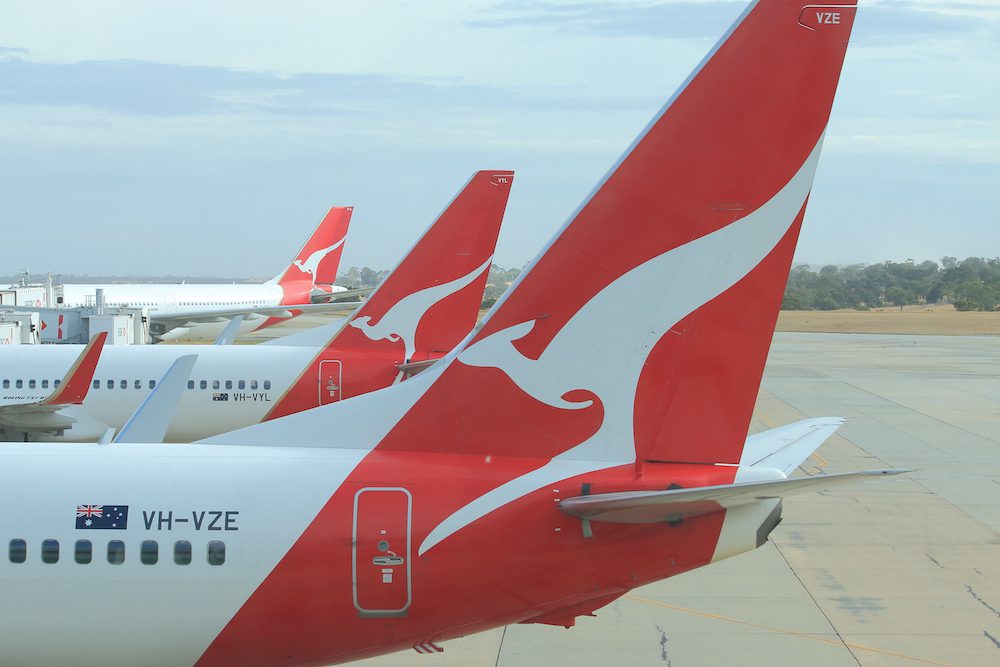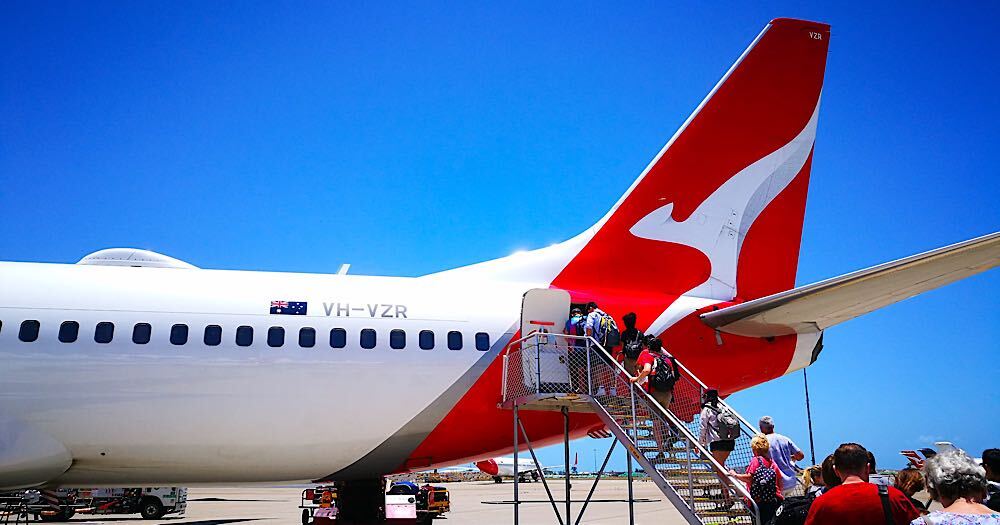Qantas has submitted its defence to the Federal Court in response to claims by the Australian Competition and Consumer Commission (ACCC), saying it did not sell “ghost flights” to customers.
In a statement, the airline rejects “the notion of ghost flights because people who paid for a flight were given a flight, or a refund”.
“This was not a case of ‘fee for no service’,” the carrier states.
Qantas further addresses the question as to why it cancelled thousands of flights during the period at which the ACCC looked.
“As widely reported, our operations were struggling in the first half of 2022. Supply chain shortages meant aircraft were grounded, huge spikes in sick leave and self-quarantine requirements left us short-staffed,” its statement reads.
“To help stabilise our operations, we made the decision to make large cuts to our planned flying. That meant cancelling a lot of flights that were already in the system, which we did on average two-and-a-half months before scheduled departure so that we could better manage the impact on customers by finding them alternatives. But it meant the volume of change was huge, and our systems struggled to cope.
“As an example of the scale involved, Qantas had to process more than 415,000 itinerary changes in the months of February and March 2022 alone.”

Qantas said there was a delay in advising customers their flight was cancelled mostly to give it time to find passengers an alternative.
“This was happening months ahead of when they were due to travel and our priority is always to find alternatives within hours or a day of their original departure time, focussing on those closest to their travel date first,” it states.
It also blames “system limitations and the sheer number of flights involved” for the delay between cancelling flights and removing those flights from sale automatically. It rejects it was done for financial gain.
“Some of the longer delays were due to human error and process failures. We place no blame on our people for these processing errors given the incredible difficulties they were operating under,” it says.
We let flyers down
The airline says it has always acknowledged the challenges faced by its customers during the period under ACCC scrutiny and admits to letting customers down.
However, it states that reestablishing flight operations following the COVID-19 shutdowns presented considerable difficulties for both Qantas and the aviation industry.
According to the carrier, staff shortages and supply chain disruptions coincided with a massive surge in demand, leading to the cancellation of numerous Qantas flights and a significant number of unacceptable delays. It says it admitted its shortcomings and has offered apologies for the inconvenience caused.
ACCC oversight

From a legal standpoint, Qantas argues that the ACCC’s case overlooks a fundamental reality and a critical condition inherent in the sale of airline tickets: that is, the unpredictability of travel due to factors such as weather and operational issues, which can lead to delays and cancellations that are beyond an airline’s control.
“While all airlines work hard to operate flights at their scheduled times, no airline can guarantee that,” it says.
In its statement, Qantas emphasises a commitment to getting customers to their destinations as close as possible to their originally booked flight times. This may involve accommodating passengers on alternative flights at no additional cost, or providing a full refund, which Qantas asserts is consistent with its obligations under consumer law.
To avoid similar incidents from reoccurring, Qantas says that cancelled flights are now taken off sale “immediately, well inside the 48 hours that the ACCC case flags”.”
“This is a manual process and would not have been possible during the period the ACCC examined given the level of upheaval at that time,” it states.






